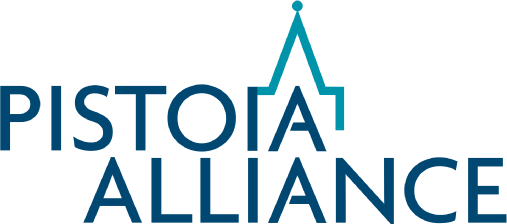In 2020, a team of scientists from AstraZeneca, Bristol Myers Squibb, Novartis, and Roche set forth to find a way to convert unstructured biological assay descriptions into FAIR information objects.
In this talk, we will present the lessons learned in the pilot project to annotate bioassay descriptions (bioassay) en masse and will chart a way to expand this effort in the future.
- Isabella Feierberg, Associate Principal Scientist, AstraZeneca
- Dana Vanderwall, Director of Biology & Preclinical IT, Bristol Myers Squibb
- Rama Balakrishnan, Biomedical Ontology Specialist, Genentech
- Martin Romacker, Senior Principal Scientist in Scientific Solution Engineering and Architecture, Roche
- Samantha Jeschonek, Research Scientist, Collaborative Drug Discovery
- Timothy Ikeda, Automation Principal Scientist, AstraZeneca
- Gabriel Backiananthan, Novartis
- Anosha Siripala, Technical Associate Director, Scientific Products, Novartis Institutes for BioMedical Research (NIBR)
